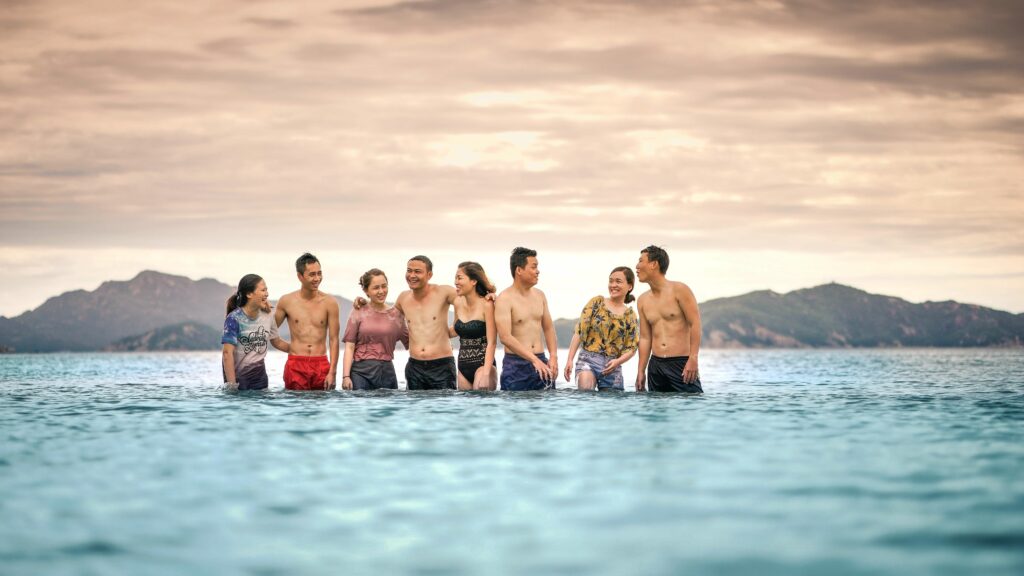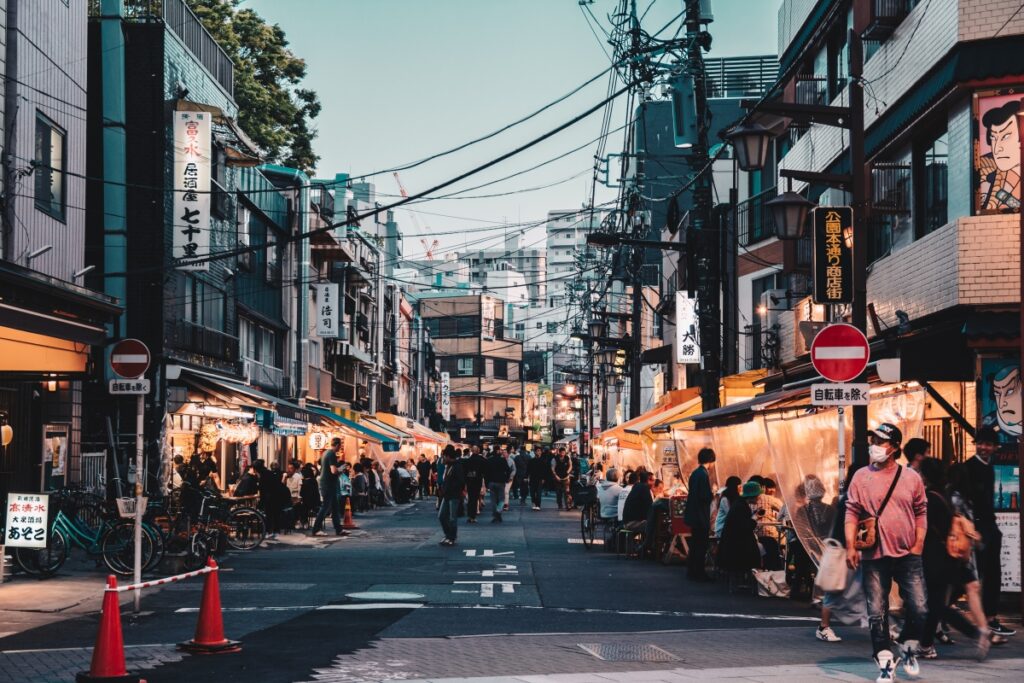Share
New Travellers are Key to COVID-19 Recovery

Covid-19 is rapidly depleting the older generations. Those that survive are more fearful of travel than ever before. Unless new travellers and new markets are identified, targeted, developed and satisfied, success and sustainability will not happen.
‘New Travellers’ are no longer faceless masses of buying power. Customers today are ‘calling the shots’; they are almighty; they are informed, interested, experienced, caring, conscious. They are ‘younger and more restless’, with low attention spans. And they cannot be fooled.
Understanding, knowing, predicting and anticipating customers are the prime preoccupation of most businesses today. And it is the big ‘customer’ data that they are all after, with winners (Facebook, Google) taking it all.
Four significant customer changes that the Caribbean needs to take on board for future success and sustainability: Geographic, Demographic, Psychographic and Local.
Geographic shifts: In the case of the Caribbean, traditional markets for the Caribbean are North America and Europe. It is clear that the next century will be an Asian Century – Asia is expected to generated the greatest income and travel growth. China is already one of the fastest growing countries in the world and is expected to pack a 6% rate of growth in 2021, higher that all other western countries. But Asians are fundamentally different from Western travellers – while the westerners look for sun, sand, sea, sport and sex. Asians, while still wanting sex, also want other Ss – sightseeing, status, shopping, shows, casinos, and of course, Asian food. Think about it – have you even seen an Asian sun tanning? There are 2,300 Asian languages. How many are spoken in the Caribbean; How many islands have started to understand the culture and language of our future travellers?

Demographic Shifts: Another key development the world over is the ageing of the population. Globally, the over 65 age group is growing faster than other age groups. Just over two-thirds (43%) of all Germans will be over 60 years by 2050 (up from 25% in 2005, according to www.destatis.de). The Caribbean has built its tourism in the 1960s with many wealthy, old, and satisfied travellers that returned year after year to enjoy the beautiful climate, the sun, sand and sea. The problem is that many of these old travellers, the winter birds, as they are fondly known, have already started to disappear a long time ago, six feet below, never to return. COVID-19 is also attacking this critical market with a vengeance. Adults 65 and older account for 16% of the US population but 80% of COVID-19 deaths in the US, according to www.kfk.org.
This has critical consequences for the Caribbean. Who will be the ‘New Travellers’ to the Caribbean? Do we have the reach, products, services, logistics, experiences to exceed the expectations of these new and different travellers?
In addition, are we really ready to cater to the ‘young and restless’ and to reach the Instagrammers and TikTokers?

Psychographic Shifts – this refers to how customers think, feel and behave. Here, there are also fundamental shifts. Customers do not just want sedentary tourism; to lie on a beach and get sun-burnt; thy want to be active (soft, medium and hard; they want to engage; they don’t just want to take photos, they want to be IN the photos; to be instagrammable; they are health-conscious and want healthy lifestyles, including travel; they want to work on holiday; to live on holiday; to live in a holiday location; to spend quality time with loved ones; to destress and relax and rejuvenate; they want to learn to engage to be re-born; to be transformed in some way. Are we ready, able and capable to deliver these services to travellers whose language we cannot speak; who we do not understand; and who we ourselves cannot engage with?
One market that is worth mentioning is the Digital Nomads. In the 2019 Master Plan for Dominica, this was identified as a major market opportunity. Who are digital nomads – these are people, mainly young (mid-30s), single (63%) educated (75% have a university degree and 33% have a masters), high-earners (16% earn over 75,000 US$ per year) that can work from anywhere in the world. 75% of workers day that they will quit their current jobs to work remotely.
This market is growing fast (49% per year). There were 10.9 million digital nomads in the USA and this number is expected to double in the next 2-3 years.

Locals – This is the fourth and perhaps most important pillar of the traveller shifts. Locals are also knowledgeable and ‘in the know’. Locals, local communities and team-players/workers are the industry’s INTERNAL CUSTOMERS. Without these internal customers, we will have no industry. And you cannot sell or be passionate about what you do not know; do not understand; do not care about and have not experienced. So much of effort and energy has been place on renovating physical plant and equipment. It is about time that this effort, energy and investment is placed on communities; on people that are the heart of the industry. In this ‘new tourism’ dispensation, new travellers will need to be ‘taken by the hand’; by people that are confident and in love with; and passionate about service; about their country; about what they do; and about who they are.

We would love to hear from you. Engage with us.
About the Author:
Dr. Auliana Poon
Managing Director/Chief Strategist
Leve Global

Dr. Auliana Poon heads Leve-Global. She is a courageous and passionate businesswoman. A trained Economist, Dr. Poon is a management consultant and strategist with a focus on sustainable and responsible tourism, climate adaptation, and regenerative economic development. Dr. Poon led teams that developed innovative economic solutions for over 50 countries around the world including Australia, Barbados, the Bahamas, Iceland, Indonesia, Jamaica, Mauritius, Mozambique, Singapore, Seychelles, South Africa, Swaziland, Switzerland and Zambia.
An experienced researcher and analyst with fiercely independent thought, Dr Poon believes that developing countries cannot continue to compete with natural attributes – Sun, Sand, Sea, Oil and Natural Gas alone. For success and sustainability, a more people-centred, culture-oriented, innovation-based, sustainability-directed, technology-focused and talent-driven approach is needed.
